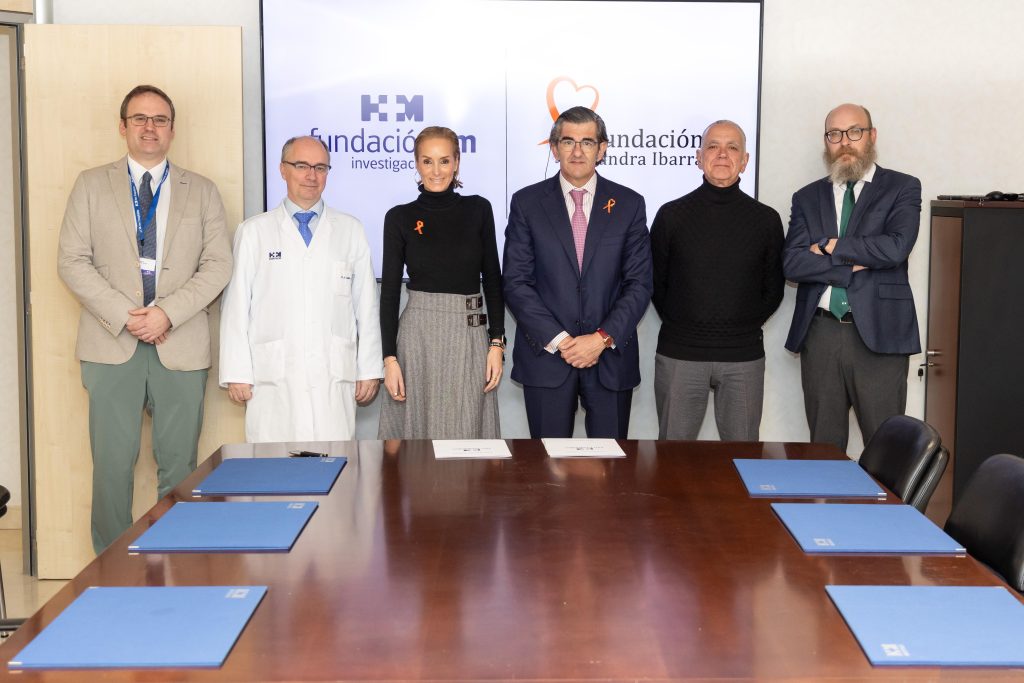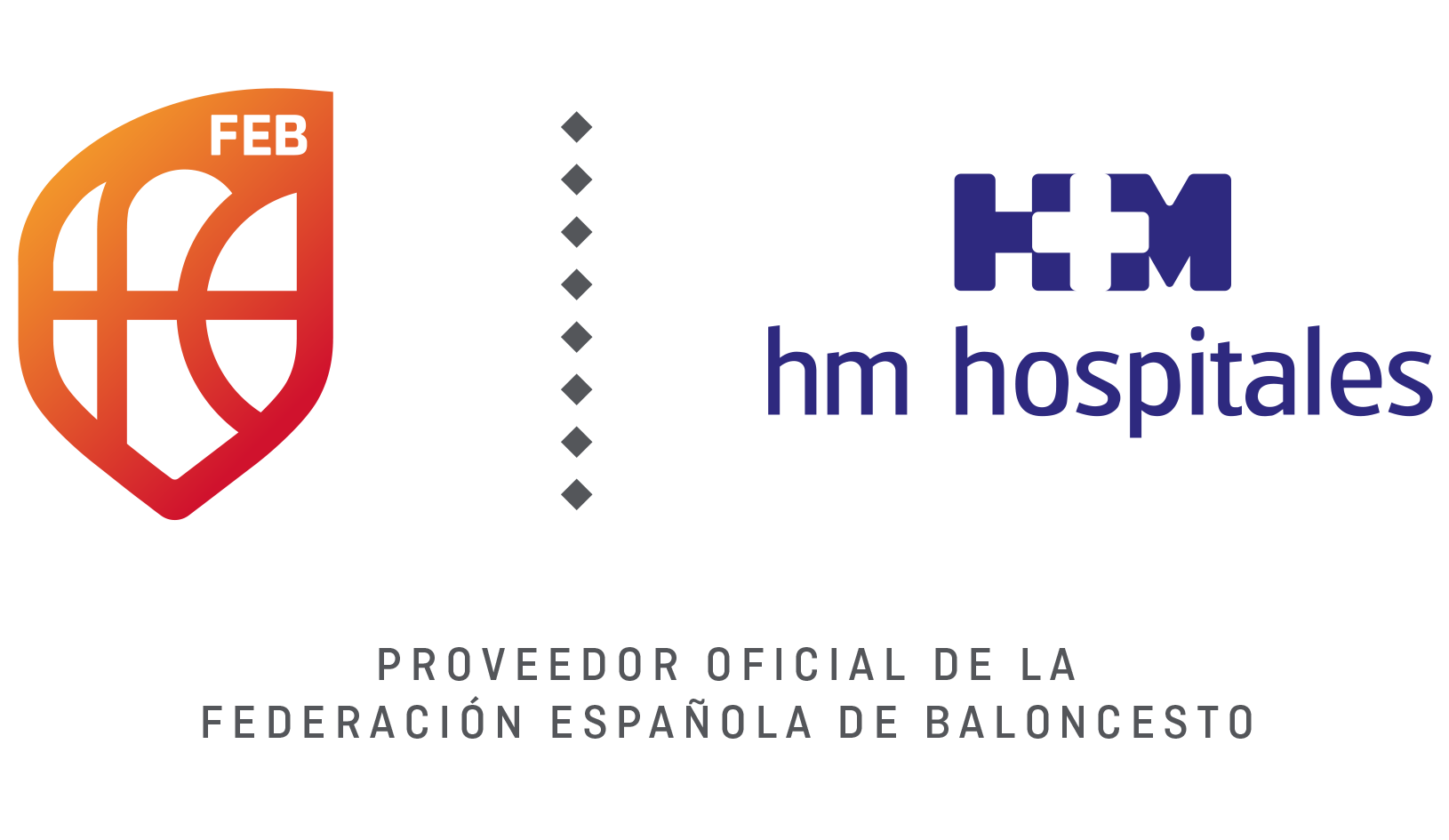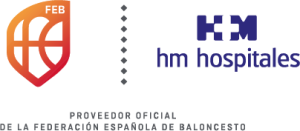Fundación Sandra Ibarra (Sandra Ibarra Foundation) and Fundación de Investigación de HM Hospitales (FiHM) (HM Hospitales Research Foundation) recently unveiled Observatorio del Superviviente de Cáncer (Cancer Survivorship Observatory), a pioneering initiative in Spain to study and highlight the needs of cancer survivors. Its goal is to enhance their quality of life through a holistic approach addressing physical, emotional, occupational, and social challenges.
Over the past 40 years, cancer survival rates in Spain have doubled, now reaching 55.3% for men and 61.7% for women. Today, over two million people in the country have overcome the disease. Yet many face long-term sequelae that often lack adequate attention. This collaboration between FiHM and Fundación Sandra Ibarra responds to this gap, aiming to deliver solutions for a growing—and historically overlooked—population.
A commitment to continuity of care
“For years, our foundation has worked to raise awareness of cancer survivors’ needs. This agreement marks a major step toward integrating survivorship care, ensuring these individuals receive the follow-up and support they need and deserve,” said Sandra Ibarra, president of the foundation.
Dr César Muñoz, scientific coordinator of FiHM, added: “This observatory seeks to spotlight a group that, after surviving cancer, often vanishes from the healthcare system’s radar. We aim to address the clinical, physical, emotional, and social consequences they face—and drive tangible solutions to improve their lives.”
Digital survey to gather key insights
The Observatorio del Superviviente de Cáncer will deploy a digital survey based on a questionnaire validated by the Danish Cancer Society. Adult patients who have completed curative treatment and are in full remission may participate. The survey will be accessible via QR codes in oncology clinics, Escuela de Vida (School of Life) app developed by Fundación Sandra Ibarra, and both foundations’ websites and social media.
The study will analyse: quality of life, physical function, emotional/social sequelae, and perceptions of healthcare systems. Findings will identify priority areas to improve care models and develop multidisciplinary support frameworks for survivors, aligning with international programmes proven to benefit from personalised, integrated approaches.
Workshops to tackle unmet needs
Alongside the survey, survivors may join Roche-funded workshops addressing post-treatment challenges in work, social, and emotional domains. Planned 2025 sessions include: humanising suffering, exercise for cancer patients, cognitive rehabilitation, sexual health. Through these initiatives, the observatory aims to transform survivorship care, ensuring those who’ve overcome cancer can lead fulfilling lives with robust support.











